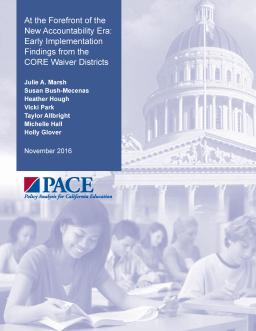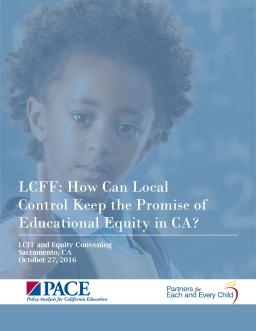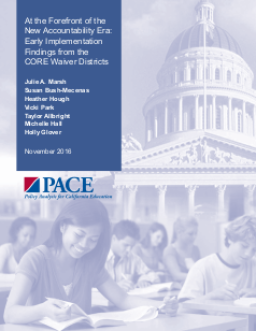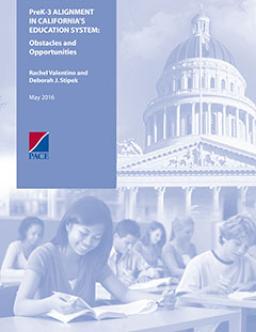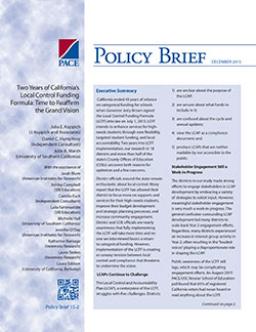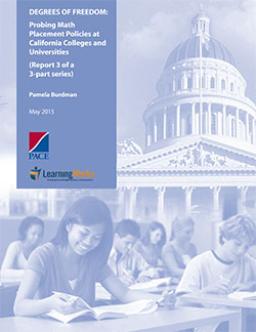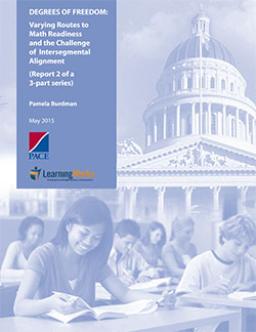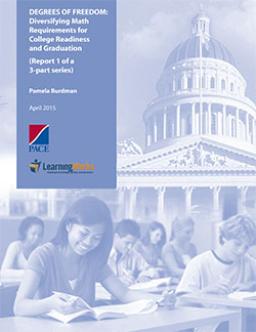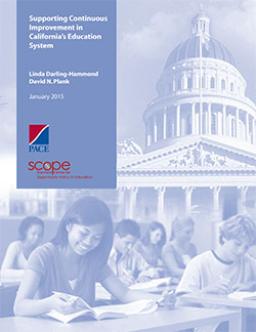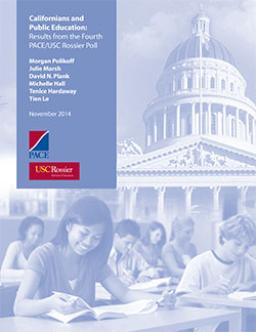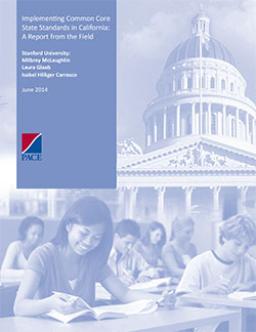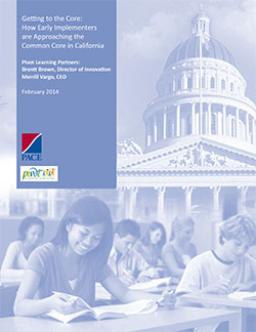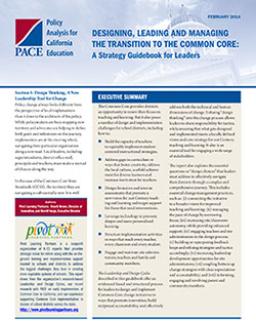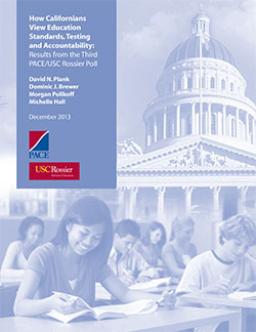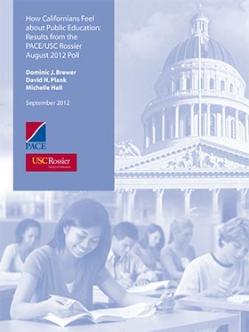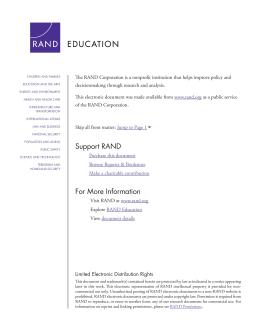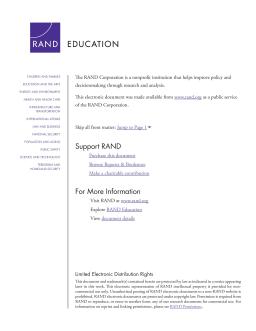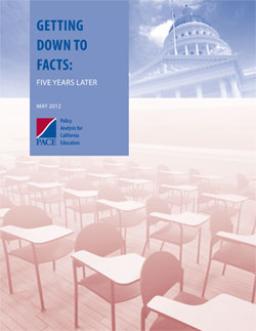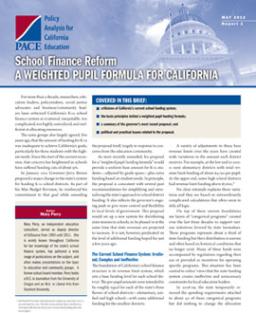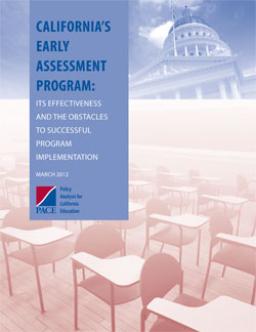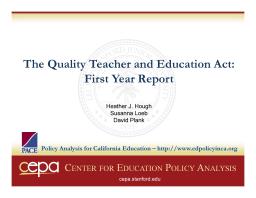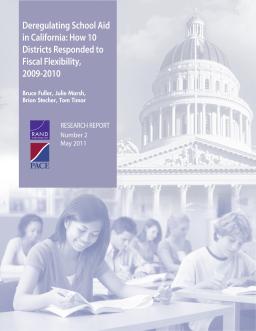Summary
Summary
Summary
American schools have long suffered from inequitable distribution of funding, resources, and effective teachers. The LCFF reform in California is a promising solution to address achievement gaps for high-need students, but successful implementation is critical. Research has found that stakeholder engagement, explicit equity frameworks, and evidence-based programs are crucial to ensure positive impact. Studies have also revealed challenges such as underspending funds and insufficient stakeholder engagement, highlighting the need for continuous improvement.
Summary
California and the US are undergoing a cultural shift in school accountability policies towards locally-determined measures of school performance. Lessons can be learned from the CORE districts, which developed an innovative accountability system, emphasizing support over sanctions, and utilizing multiple measures of school quality. The CORE districts' measurement system and collaboration hold promise for improving local systems, but efforts to build capacity remain a work in progress.
Summary
Summary
The Local Control Funding Formula (LCFF) replaced categorical funding for schools in California in 2013, providing flexibility, targeted student funding, and local accountability. Two years in, research shows optimism and concern. The Local Control and Accountability Plan (LCAP) faces challenges, stakeholders need more engagement, and implementation requires capacity and overcoming the emerging teacher shortage. Public awareness of LCFF lags at 65%.
Summary
Summary
Summary
Summary
California's new accountability system aims to provide meaningful learning for students, allocate resources to schools and districts based on student needs, and offer professional development for educators. The system holds schools and districts accountable through Local Control Accountability Plans (LCAPs), professional accountability, and performance accountability across eight priority areas. This system is a departure from the state's previous policy of setting performance targets based on standardized test scores.
Summary
CA is undergoing significant changes in its education system. The Local Control Funding Formula (LCFF) has decentralized authority and responsibility, with the Local Control Accountability Plan (LCAP) focusing on local strategies for improvement. Common Core State Standards (CCSS) and Smarter Balanced Assessment Consortium (SBAC) aim for improved instruction and deeper learning, but require significant changes. A PACE/USC Rossier poll surveyed California voters on their knowledge and opinions on these changes, including the Vergara case, teacher employment policies, and charter schools.
Summary
Summary
Summary
Summary
Summary
Summary
Summary
Summary
This report commemorates the fifth anniversary of the Getting Down to Facts project, which sought to provide a thorough and reliable analysis of the critical challenges facing California’s education system as the necessary basis for an informed discussion of policy changes aimed at improving the performance of California schools and students. The report focuses on the four key issues that received emphasis in the Getting Down to Facts studies: governance, finance, personnel, and data systems.
Summary
Summary
The Early Assessment Program (EAP) is a national model for increasing the number of students who are prepared for college and careers upon graduating high school. It has been recognized by two national consortia as the model for designing new high school assessments aligned with Common Core State Standards. The report highlights the EAP's key features and potential to strengthen coherence and alignment in California's educational system, reviews research on its impact on student success, and suggests modifications to increase its value to students and educators.

